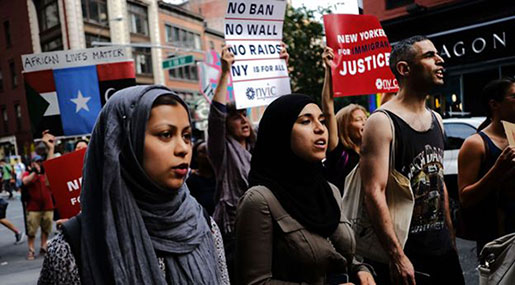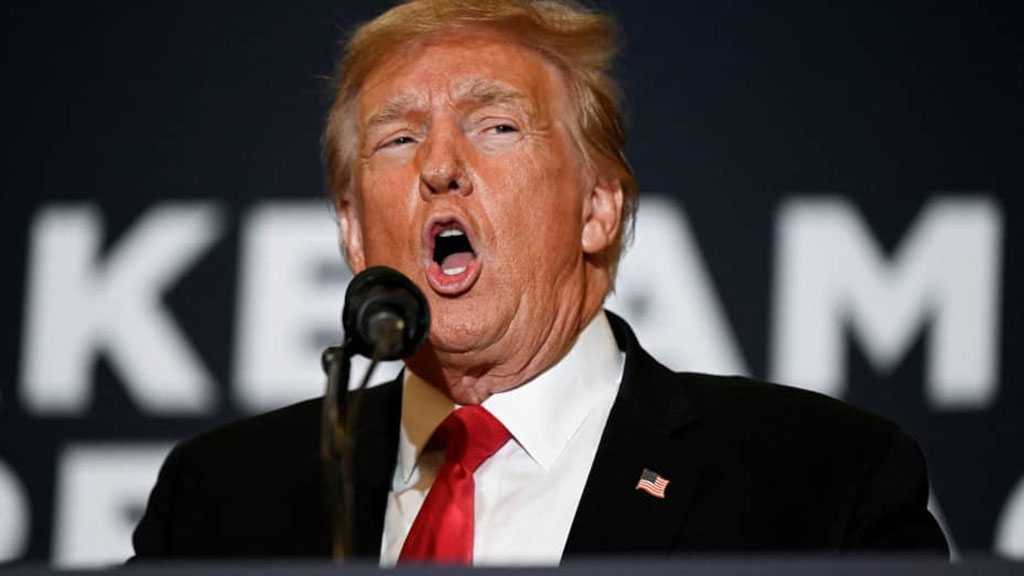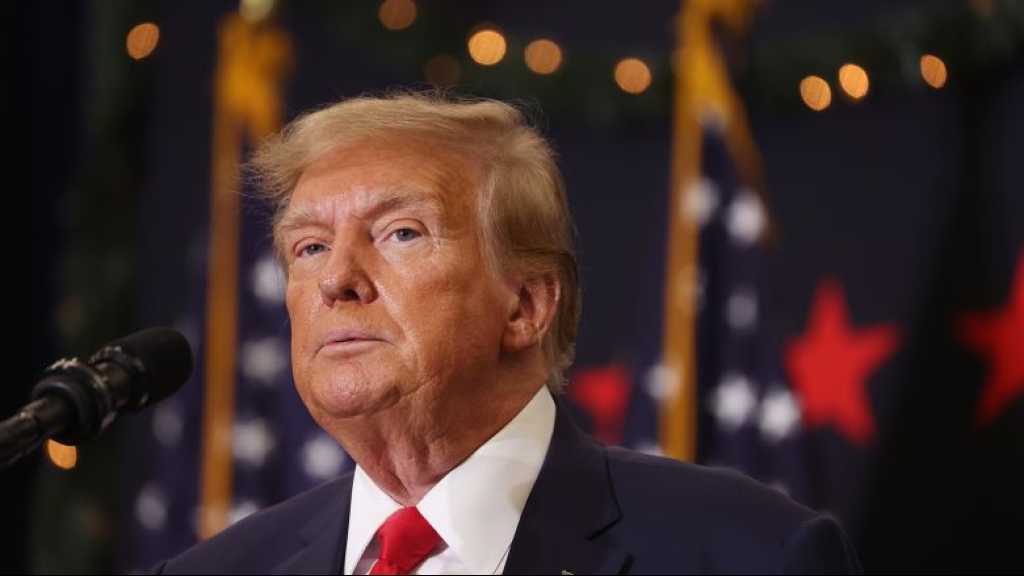
Trump’s Muslim Travel Ban Comes Into Effect

Local Editor
The United States began the implementation of President Donald Trump's controversial travel ban on nationals from six Muslim majority countries despite a great deal of opposition to the plan.

The ban went into effect on Thursday night, after the Supreme Court allowed the Trump administration to go forward with it, handing a surprising victory to the maverick Republican president.
The Supreme Court on Monday narrowed the scope of lower court rulings that blocked Trump's Muslim ban from taking effect nationwide, and also agreed to hear the administration's appeal in these cases. The ban would affect people from Iran, Libya, Somalia, Sudan, Syria and Yemen.
The court, however, granted the government's emergency request to put the presidential decree into effect immediately while the legal battle continues.
According to the ruling, citizens of the six countries who do not have a "bona fide" relationship with a person or entity in America would be denied entry, but people who can prove they have a relationship to a person or entity inside the US will be permitted to travel to the country.
The justices said that the travel ban is in effect "with respect to foreign nationals who lack any bona fide relationship with a person or entity in the United States."
This means people who do not have close family or business relationships in America could be denied visas and barred entry.
"We expect business as usual at the ports of entry starting at 8 pm tonight," a Department of Homeland Security official said on Thursday. "Our people are well prepared for this."
Meanwhile, moments before the ban began at 20:00 Washington time, the state of Hawaii had asked a federal judge for clarification regarding the Supreme Court ruling, arguing that the Trump administration had interpreted the court's decision too narrowly.
Hawaii accused the federal government of attempting to violate the Supreme Court's instructions by improperly excluding people who actually have a close family relationship in the US.
According the US government, grandparents, aunts, uncles, nephews and nieces are not considered to be "bona fide" relations.
Source: News Agencies, Edited by website team
Comments
- Related News



